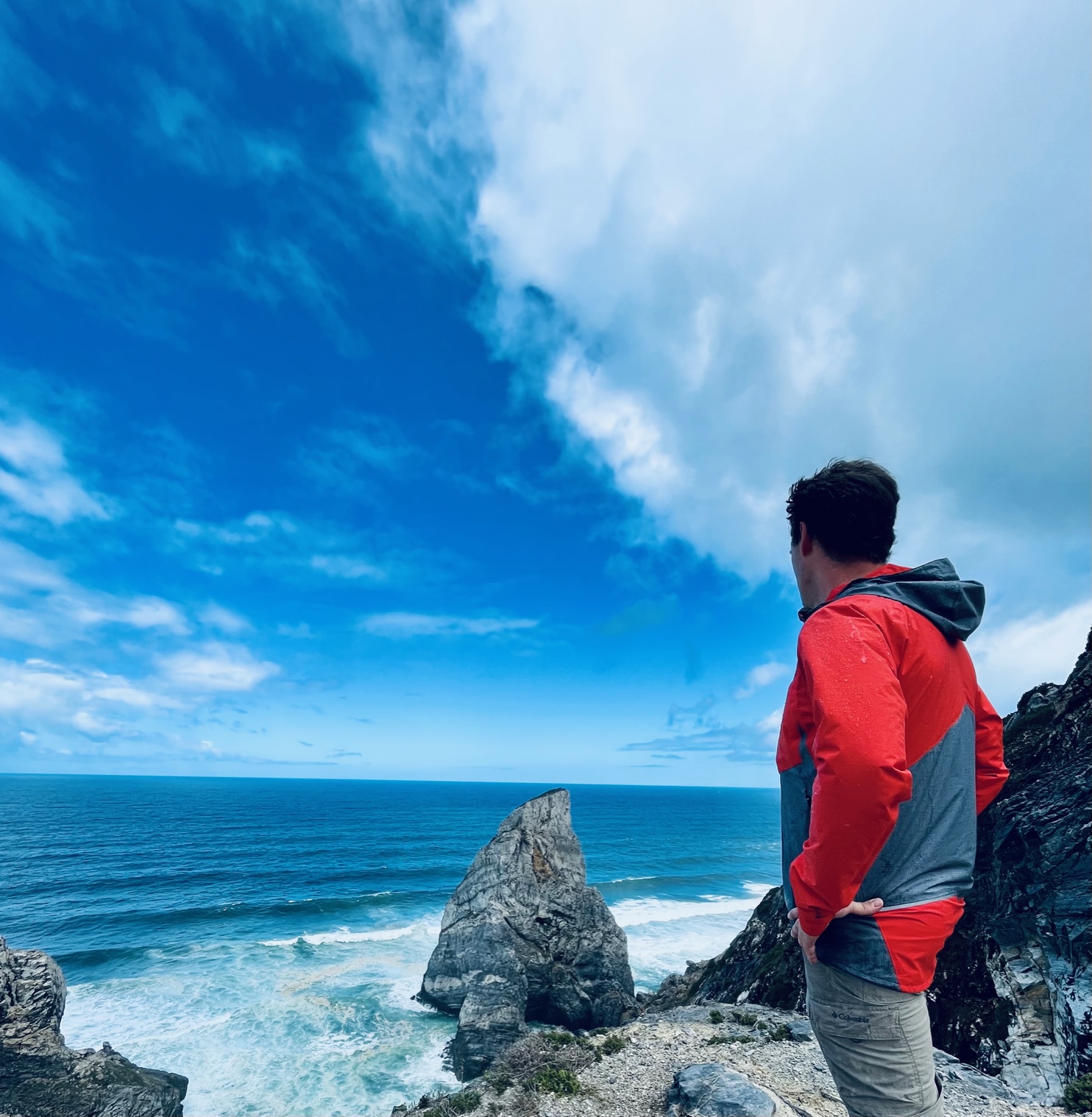The uncanny and destructive consequences of the breaking of dialogue in times of war
Due to the restrictions towards Russia our Erasmus+ project SUSWELL will be terminated for our six Russian partners. Our consortium is full heartedly against this war. But, how intuitively logical a termination might feel for many, it also calls for some reflection on the nature of this Erasmus programme and the values we have been working for in this project and its predecessors.
SUSWELL is a Capacity Building project in the field of Higher Education (CBHE). Developed to bridge between the EU and other (neighbouring) countries to promote cooperation and promote people-to-people contacts, intercultural awareness and understanding. The EU states explicitly the necessity for reacting to recent trends, in particular (economic) globalisation, but also the recent decline in human development, fragility, and rising social, economic and environmental inequalities exacerbated by the COVID-19 pandemic.
On the bigger picture
We argue that exactly in these dire times we need to keep a dialogue open, not only for the global health issues we work on but more so to mitigate the polarization and estrangement of our lasting neighbours. The entwinement of many interests is great in our globalised world dealing with urgent sustainability issues. We simply cannot afford to start to ignore the lessons we learned from mistakes we made in the past century by isolating and punishing whole populations based on the actions of their regimes. Just think back of effect of the World War 1 reparations following the treaty of Versailles.
More strategically, it is necessary to keep exchange going with the middle class, especially in oligarch and suppressed societies. Putting them in isolation only drives them in the propaganda fuelled arms of their leaders, lacking alternative views as opposition. For this we better increase exchange and offer generously scholarships in European countries. Erasmus+ is a beautiful instrument for democratisation and SUSWELL is an example of how this instrument is put to use.
On the project perspective
SUSWELL is short for sustainable well-being, the project is developing communities of practice to improve the care for health in local areas around urgent health issues. These issues can be diverse. Defined as urgent missions by our partners is for example the improvement of participation of people with autism in society, the care of traumatised war victims or the healthy environment and lifestyle of the region.
The assumption in the project is that to work towards sustainable well-being of these populations, all relevant stakeholders need to be on the table and have ownership and an active part in the design of the organization and content of the interventions. These stakeholders are the citizens, the professionals, local governments but also local businesses and knowledge institutes.
This forming of communities can only work well when stakeholders have the capacity to understand and work collaboratively together. Honouring their individual roles and interests while also focusing on the collective mission orientation. This is a great challenge as it demands to seek shared understanding of the issue at hand. Tapping into empathy and compassion to listen and tune in the diverse language and understandings of the diverse backgrounds and interests being part of any community.
Democratisation
For communities of practice to become collaborative and work towards sustainable mission orientations, a precondition and therefore central aim is the process of democratisation. This democratisation process results in more reciprocity and interdependence between stakeholders, improves equity and promises to keep excessive power use in check.
Local communities working on this very process of democratisation, embracing common urgent global society issues, keep the dialogue open and offer the hope of expansion of the underlying democratic values. This approach should also inspire the geopolitical community to seek dialogue and holding and offering space to explore underlying assumptions, broaden our imagination for new futures and find common ground in these urgent unsustainable times. Realizing and anticipating that we, inevitably, have to live together in this world.
We can’t dwell in doctrine of “you are either with us, or against us” for long. Exclusion of partners, especially in a programme so focussed on seeking dialogue, feels like a paradox to its very own existence. It leaves our consortium in an uncanny void on both side of the politcal fence after many years of fruitful collaboration.
Paul Beenen
